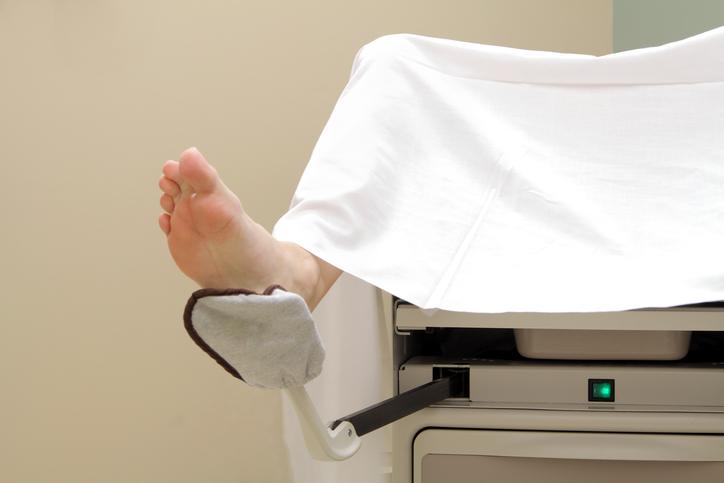List of Concerns and Questions
If you have reached the age where you are required to see an obstetrician at least once a year and you’re slightly nervous. This is normal and picking an expert you’re familiar with and are able to trust goes a great way to relaxing. In addition, knowing what you can anticipate prior to your appointment will aid in making it a smooth experience.
Gynecologist Examination
When you arrive at the office, once generally asked questions, you’ll be measured and your blood pressure and pulse taken. Then, you will receive the opportunity to change into a dress which is the best time to wear clothes that are hard to get out of. In certain instances you may be offered an urinal to provide the Gynecologist with a sample of your urine. The test can detect sexually transmitted disorders as well as pregnancy, if relevant to you. If you’re not active sexually then you are unlikely to receive these tests, however, you could still be checked for diabetes.
The most worrying aspect for many women is the pelvic exam where you sit back and place on stirrups for your feet. Gynecologists will wear gloves and examine the outside of the area for any signs of abnormality. The next step is to insert the speculum, which is a piece of metal which props you open to allow the doctor to look inside. Then, your cervix will be cleaned in what’s known as an Pap scan, which is a test that identifies potential cancerous cells as well as other irregularities. The results should be returned from the lab within two weeks.
Reproductive Organs plus Abnormalities
Gynecologists do not only concentrate on reproductive organs. The doctor will also check your breasts for abnormalities and look for lumps, swelling in the tissues, and other anomalies. In addition, certain doctors conduct a short rectal examination generally based on the age of your patient. The visit to the gynecologist something you must be used to. Women who are healthy usually visit every year at least once. Even though it is sometimes uncomfortable, it’s better to have a regular check-up rather to avoid problems that could have been treated if they were detected earlier.

